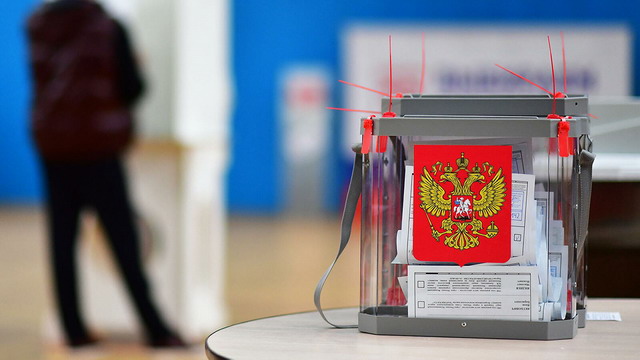“I love Russia so much that I always see it in front of my eyes,” wrote one of the most famous and beloved Russians in the world, Peter Tchaikovsky, who spent 10 years of his 53-year life abroad. Moreover, the genius composer was truly patriotic, devoted to his state and tsar (for most Russians these two concepts are interrelated), and he was proud that his world fame also contributed to the glory of Russia. But he could not live long in his homeland, and on the other hand, when he went to Europe (once to the USA), he quickly got bored. He missed his homeland and longed to return.
That country, the spirit of its legends and its people must be understood without making hasty judgments. Can Russia not be an empire? No, this will eliminate the meaning of the existence of that state. Russia, though weak and poor, is an empire. Can Russia have a real federal structure? No, it will lead to centrifugal movements and destabilization. The governors must be the faithful servants of the tsar, whom he sometimes rewards and sometimes punishes. Can Russia be a Western-style democracy where parliament has a separate and independent role? No, the Duma must be attached to the tsar and do his will.
Given all this, I do not see much point in commenting on the recent State Duma elections. These elections may not be held at all, and Putin may from time to time appoint deputies who will pass the laws he wants. Electoral “procedures” are purely formal and meant to show the world something, though I do not fully understand what. Even before the election, it was clear that the ruling party would get a constitutional majority, that the three well-known “opposition” parties would act as a “background,” and that the New People party was not new at all because it represented the interests of the same oligarchy and local bureaucracy. People and parties trying to oppose Putin are not registered as candidates and do not run in the elections.
I am writing this only as a record, and, I repeat, I am not trying to assess whether having this or that regime is ultimately the decision of the citizens of Russia. Russia was like that in the 18th, 19th, and 20th centuries, it is like that now, and I’m not sure that changing anything is good for that country. Proof: the “turbulent” 1990s.
Read also
We must take into account that the fate of Armenia largely depends on such a country. The calculations must be based on the fact that the Kremlin will never significantly change its domestic and foreign policy.
Aram Abrahamyan





















































